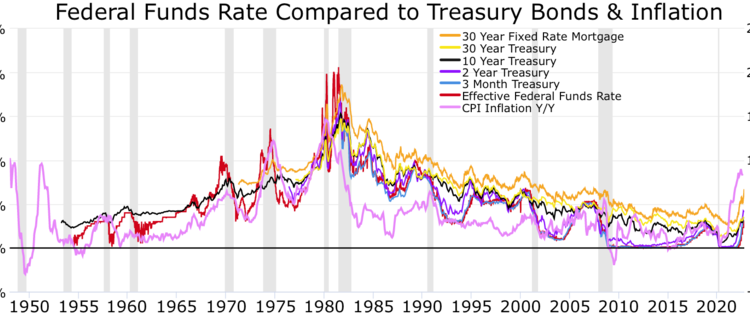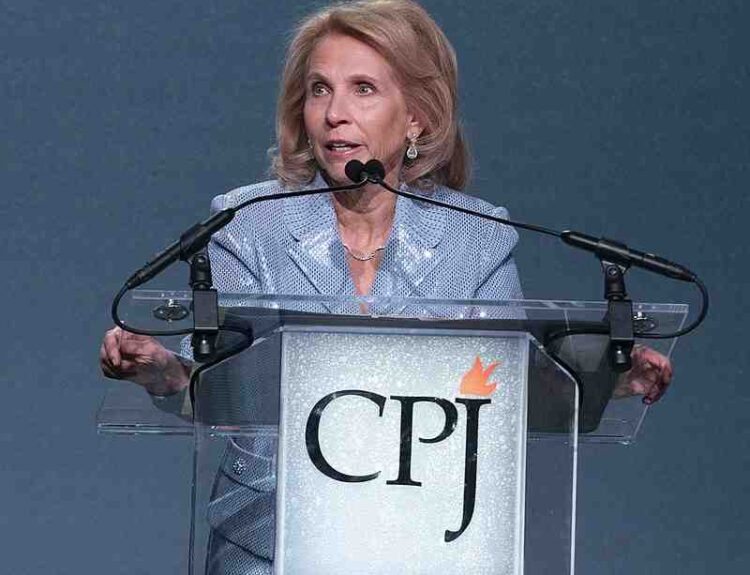Believing you earn more than your peers can make you happier, but at what cost?
- Believing you earn more than your peers makes you happier
- Relative income matters more than absolute income
- People who believe they earn more are less likely to support reducing wealth inequalities
- People who believe they earn less are more likely to spend more to show off
- The pressure to ‘keep up with the Joneses’ is real
- The relationship between happiness and relative earnings suggests some people will always be unhappy
- Money and happiness are correlated up to a certain point
- For most people, larger incomes are associated with greater happiness
- More money won’t help if you’re already rich and miserable
- Millennials believe they need a $525,000 salary to achieve financial happiness
According to a recent working paper, believing you earn more than your peers can have a significant impact on your happiness. The study found that regardless of actual income, the belief that you are in a better financial position than your peers can make you happier. This finding suggests that relative income matters more than absolute income when it comes to happiness. Additionally, those who believed they earned more were less likely to support reducing wealth inequalities and more likely to spend more on material possessions to show off. The pressure to ‘keep up with the Joneses’ is a real phenomenon. However, the study also paints a somewhat dismal outlook for society, as it suggests that there will always be people who are unhappy due to their relative income. Previous research has shown that money and happiness are correlated up to a certain point, with larger incomes generally associated with greater happiness. However, this correlation depends on an individual’s initial level of happiness. For those who are already financially well-off but unhappy, more money won’t necessarily help. Interestingly, millennials believe they would need a salary of $525,000 to achieve financial happiness. Overall, the study highlights the complex relationship between money, relative income, and happiness.
Public Companies: National Bureau of Economic Research ()
Private Companies: University of California, Berkeley, De Nederlandsche Bank, Princeton University, University of Pennsylvania, Wharton School of Business
Key People: Bernardo Candia (co-author and Ph.D. candidate at the University of California, Berkeley), Maarten van Rooij (co-author and principal economist at De Nederlandsche Bank), Daniel Kahneman (psychologist at Princeton University), Angus Deaton (economist at Princeton University), Matthew Killingsworth (researcher at the University of Pennsylvania’s Wharton School of Business)
Factuality Level: 7
Justification: The article presents findings from a working paper distributed by the National Bureau of Economic Research. It provides quotes from the co-authors of the paper and references other studies on the relationship between money and happiness. However, the article does not provide specific details about the methodology of the survey or the sample size, which could affect the reliability of the findings. Additionally, the article includes some repetitive information and does not provide a balanced perspective by including any potential limitations or criticisms of the research.
Noise Level: 3
Justification: The article contains some repetitive information and filler content, such as the mention of the text-to-speech technology and the request for feedback. However, the main content of the article provides a summary of a recent working paper on the impact of relative income on happiness and behavior. It includes quotes from the researchers and references to previous studies on the relationship between money and happiness. Overall, the article stays on topic and provides relevant information, but could be more concise and focused.
Financial Relevance: Yes
Financial Markets Impacted: No
Presence of Extreme Event: No
Nature of Extreme Event: No
Impact Rating of the Extreme Event: No
Justification:
 www.marketwatch.com
www.marketwatch.com 





